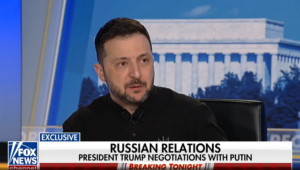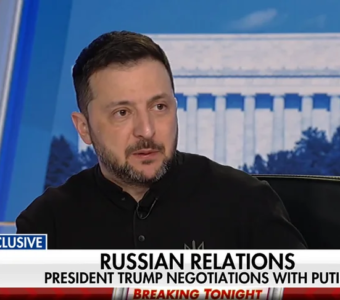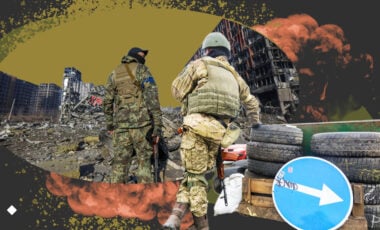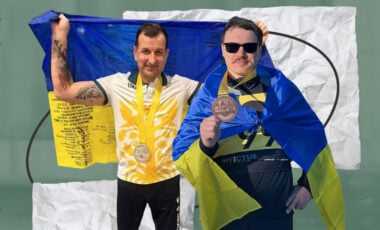Scholz: The free world cannot leave Ukraine alone with putin
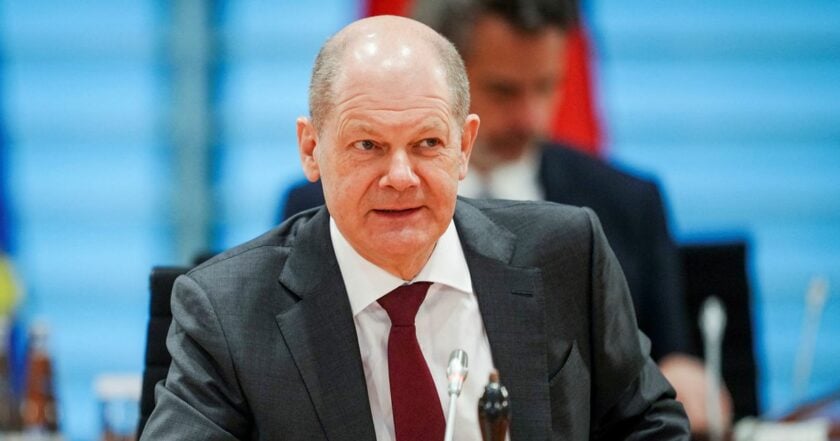
Photo: Reuters
If the world refused to help Ukraine and sacrificed it for its own well-being, it would not bring peace to anyone.
Federal Chancellor Olaf Scholz said this during a meeting with business leaders in Berlin, Ukrinform reports.
"Refusal of support for Ukraine will not bring peace, on the contrary. Whoever – and I often did this – talks with putin knows about his Great russian dreams. He writes articles and gives speeches about this," Scholz said.
He drew an analogy with West Berlin. The free world did not "surrender" it during the "Cold War" but helped it with all its might through the famous air bridge, not to become a victim itself.
"And that's why we cannot and should not give Ukraine away today," the chancellor emphasized.
With his brutal war of aggression, vladimir putin threatens the freedom and lives of millions of Ukrainians. At the same time, putin's imperialism threatens to destroy the European peace order, in fact, the entire rules-based world order of recent decades, so democratic countries, including Germany, stand in solidarity with Ukrainians, the head of government emphasized.
Scholz thanked the employers, the German business, for the fact that, despite all the difficulties, they understand the need for unprecedented sanctions against putin's russia – sanctions that work. He spoke about the measures taken by the state to ensure the regular operation of industry, particularly the provision of energy carriers.
"We have achieved independence from coal supplies… We have made sure that we have become independent from oil imports… At the same time, we are thinking about how to make sure that we become independent from gas imports from russia," the politician said.
Diversification of sources and ways of gas import is taking place "at maximum speed." In particular, the first of the new LNG terminals will become operational in January next year, pipeline connections will be built and expanded, and by the end of next year, conditions will probably be created to accept liquefied gas in at least four places, ending dependence on russian gas.
"After all the preparations, we can now and in this situation say: for sure, we will survive this winter," the chancellor promised.
At the same time, he admitted that the significant increase in energy prices remains a problem and informed that a decision was made to change the electricity, heat, and gas market because the task will ensure that prices fall again.
The chancellor's meeting with the heads of the companies took place at the Tempelhof airfield, which is not working today, and which played a unique role during the blockade of West Berlin. The airlift of the city with vital food and fuel "air bridge," which connected West Berlin with other West German cities, lasted from June 26, 1948, to May 12, 1949. Back then, planes took off and landed at Tempelhof every 90 seconds.



